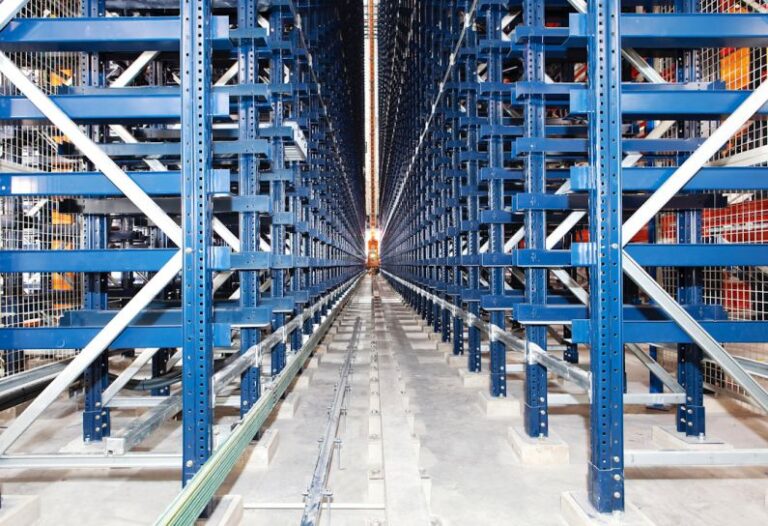The Future of Electric Vehicles in Logistics
The logistics industry is constantly evolving, driven by the need to meet the growing demand for efficient and sustainable transportation solutions. One of the most significant changes in recent years has been the increasing adoption of electric vehicles (EVs) in logistics operations. With advancements in technology and a greater focus on reducing carbon emissions, electric vehicles are poised to revolutionize the way goods are transported in the future.
Challenges in Traditional Logistics
Traditional logistics operations have long been dependent on fossil fuel-powered vehicles, leading to high carbon emissions and environmental impact. The reliance on diesel trucks and vans has not only contributed to air pollution but has also led to rising costs due to fluctuating fuel prices. In addition, the maintenance and operational costs of traditional vehicles can be significant, further adding to the financial burden on logistics companies.
Transition to Electric Vehicles
As concerns about climate change and sustainability continue to grow, many logistics companies are turning to electric vehicles as a cleaner and more cost-effective alternative. Electric vehicles offer numerous benefits, including lower operating costs, reduced maintenance requirements, and zero tailpipe emissions. These advantages make EVs an attractive option for companies looking to improve their environmental footprint while also cutting costs in the long run.
Infrastructure Challenges
Despite the benefits of electric vehicles, the widespread adoption of EVs in logistics faces several challenges, with one of the most prominent being the lack of charging infrastructure. Unlike traditional gas stations, charging stations for electric vehicles are still relatively sparse, especially in rural areas. This can pose a barrier to companies looking to transition their fleets to electric vehicles, as the availability of charging stations directly impacts the feasibility and efficiency of EV operations.
Government Support and Incentives
To encourage the transition to electric vehicles in logistics, many governments around the world are offering various incentives and subsidies to offset the initial costs of purchasing EVs. These incentives can include tax credits, grants for charging infrastructure installation, and subsidies for the purchase of electric vehicles. By providing financial support and regulatory incentives, governments are playing a crucial role in accelerating the adoption of electric vehicles in the logistics industry.
Technological Advancements
Advancements in battery technology and vehicle design have also played a significant role in driving the adoption of electric vehicles in logistics. Modern electric vehicles offer longer ranges, faster charging times, and improved performance compared to earlier models. These technological advancements have helped address some of the common concerns associated with electric vehicles, such as range anxiety and charging times, making them a more viable option for logistics companies.
The Impact on Supply Chains
The shift towards electric vehicles in logistics is not just about reducing carbon emissions; it also has the potential to transform supply chains and logistics operations as a whole. Electric vehicles can enable companies to achieve greater efficiency, lower costs, and improved customer service. By embracing electric vehicles, logistics companies can position themselves as leaders in sustainable transportation and gain a competitive edge in an increasingly environmentally conscious market.
Looking Ahead
As the logistics industry continues to evolve, the future of electric vehicles in logistics looks promising. With ongoing advancements in technology, government support, and a growing focus on sustainability, electric vehicles are set to become the norm rather than the exception in logistics operations. By embracing this shift towards cleaner and more efficient transportation solutions, logistics companies can pave the way for a greener and more sustainable future.
In conclusion, the widespread adoption of electric vehicles in logistics represents a significant step towards a more sustainable and environmentally friendly transportation system. By overcoming infrastructure challenges, leveraging government support, and embracing technological advancements, logistics companies can pave the way for a cleaner and more efficient future of transportation. The transition to electric vehicles is not just a trend but a necessary evolution towards a more sustainable logistics industry.






